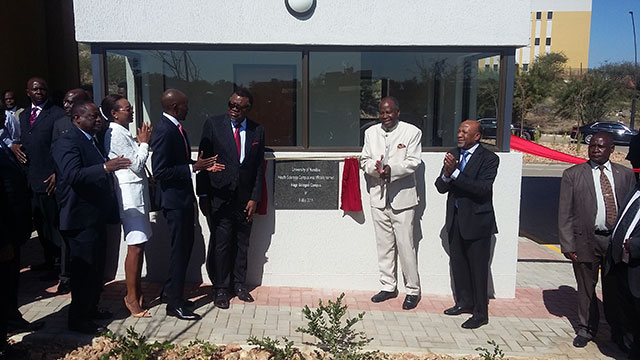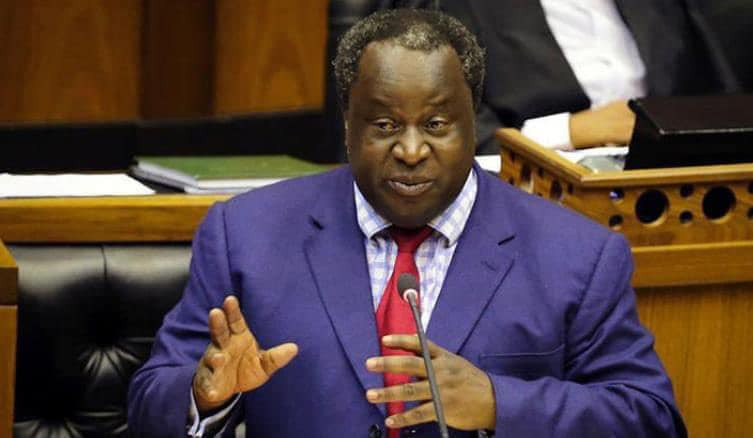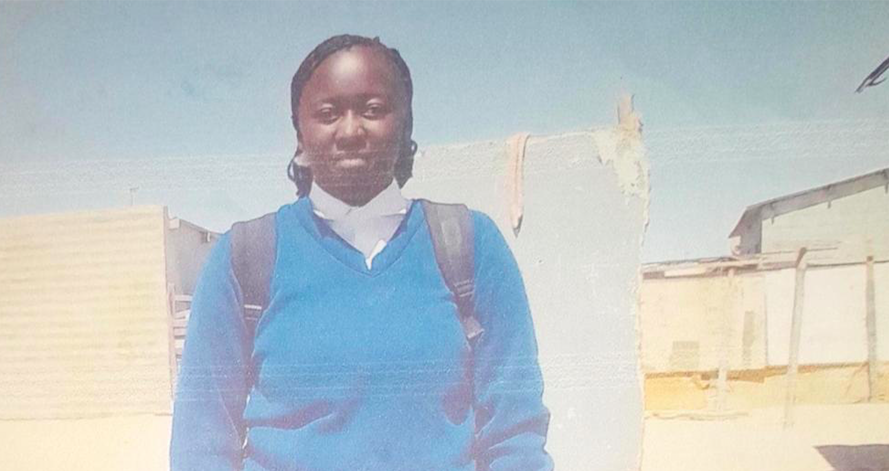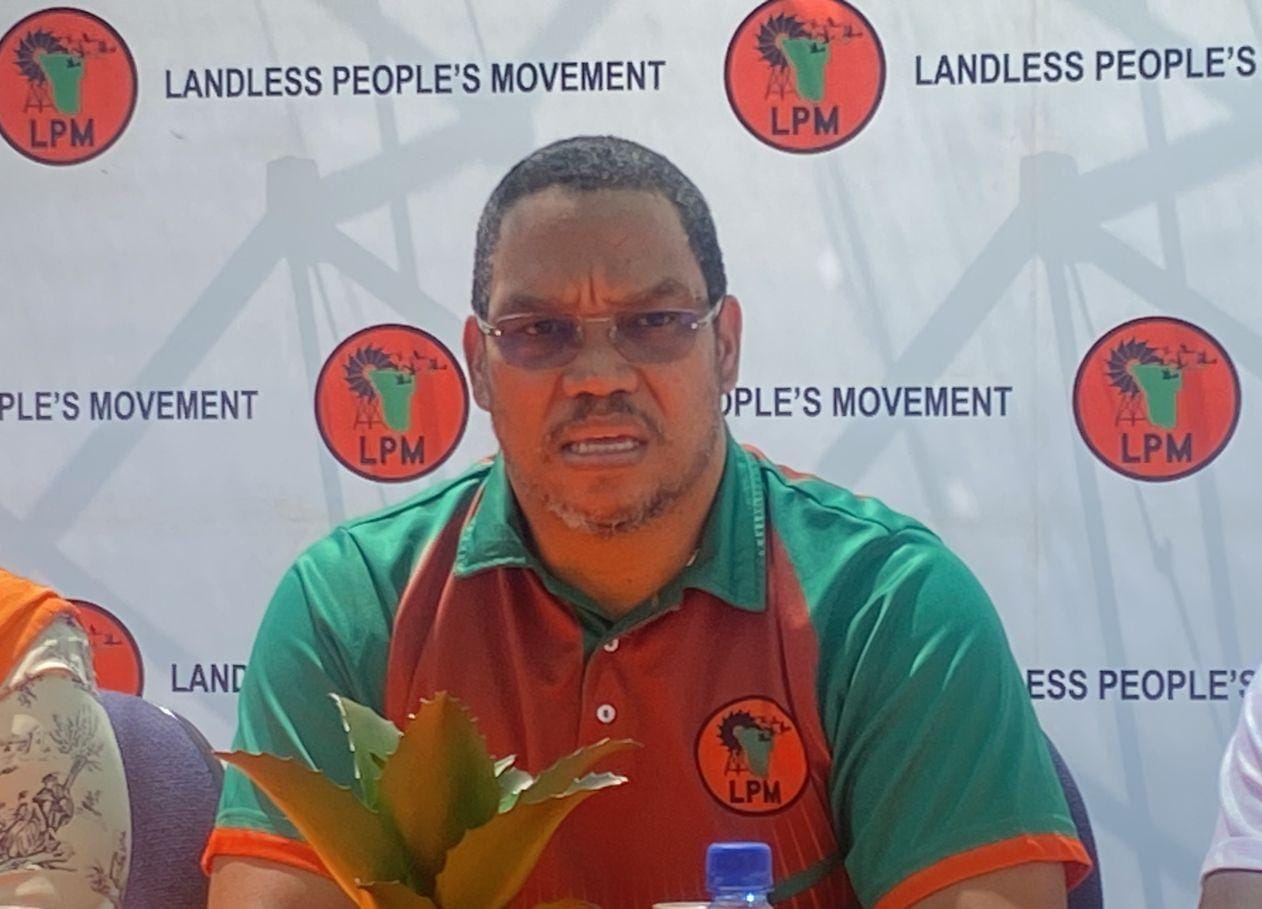THE University of Namibia needs N$500 million to complete the construction and upgrading of facilities at its health and science campus in Windhoek, as well as to acquire the necessary training equipment.
Campus pro vice chancellor Peter Nyarango said this on Wednesday during the ceremony to rename the campus to Hage G Geingob campus.
The campus was renamed after the President to acknowledge his “significant contribution to the emancipation, growth and development of the country, the southern African region, and the world at large,” he said.
During the event, Nyarango said the campus was in desperate need of infrastructural development and training equipment for the growing number of students every year, and to meet the demand for qualified professionals in the public health sector.
Such facilities include lecture and training rooms for about 500 nursing students, as well as student residences, administrative office space and recreational facilities.
The campus received over 2 200 applications from local and international students this year alone. However, only 166 students were enrolled due to limited space, he explained.
The campus has 950 students. “There is an acute shortage of student residential facilities, which stands at only 20% of the required capacity,” Nyarango stated.
“The construction of the health and science faculty building is now almost 50% complete. At the current cost of construction, this [infrastructure need] represents approximately N$500 million worth of investment,” he said.
Unam received a budget allocation of N$960 million to cater for 12 campuses this financial year.
Nyarango added that additional funding was also needed to acquire training equipment, and to expand some programmes to cater for specialising postgraduate students, such as in anaesthesiology, with eight students currently specialising.
There were 60 Namibian students specialising in anaesthesiology abroad, which was very expensive.
“Presently, Namibia spends approximately N$60 million annually to support (the 60 students) undergoing medical specialisation outside the country. Cumulatively, Namibia could have offered supplementary funding amounting to N$300 million by the time these doctors return to the country, if they do,” he said. He noted that if the campus was properly equipped to train students specialising in anaesthesiology, the government would save about N$40 million per year.
Unam’s outgoing vice chancellor, Lazarus Hangula, at the event also appealed to government to fund the campus to fulfil its mandate. “We request our government to make additional resources available so that the necessary equipment and related facilities are put in place for the provision of specialised medical and health services and the training of our young medical doctors. This is my special plea to you, Mr President,” he said, adding that additional resources would also be needed to maintain facilities and equipment.
“It would be very sad to see these state-of-the-art facilities become dilapidated within a few years due to poor maintenance because of a lack of funding,” he continued.
President Hage Geingob recognised the importance of investing in the health training sector, saying “the health of a nation is an indispensable component in terms of economic development and competitiveness”.
He added that the health sector remained a priority, and that the campus should play an important role in pursuit of “our strategies and objectives”.
“Our economic performance as a nation is tied to our performance in the health sector. Our aim is clear, and that is to improve the health levels of all Namibians through strengthening our healthcare processes, systems and institutions,” the President said.
Stay informed with The Namibian – your source for credible journalism. Get in-depth reporting and opinions for
only N$85 a month. Invest in journalism, invest in democracy –
Subscribe Now!






